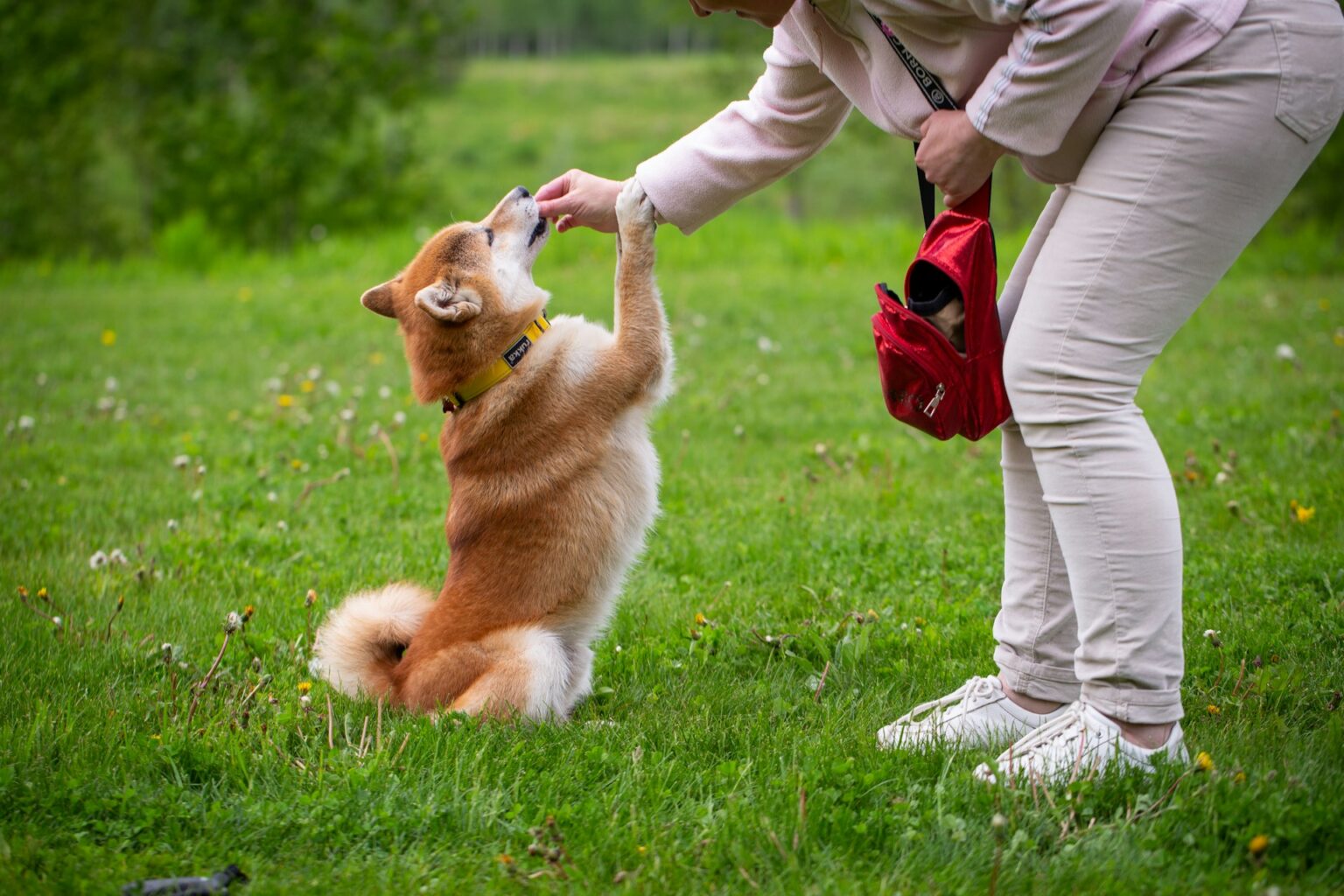Can Dogs Eat Raspberries?

Fruit is an excellent snack option for your dog if offered in proper amounts and a safe manner. Various plants provide beneficial vitamins and minerals for your pet. A juicy fruit is also the perfect treat for your dog to hydrate, mainly when it is a very hot day. You can give a range of fruits to spark your dog’s curiosity with new tastes. On the other hand, several fruits are poisonous to dogs and should be avoided. Are raspberries a safe choice for dogs? Let us see if there are any toxic chemicals in these plants.
Are Raspberries Safe For Dogs?
Can dogs eat raspberries? While these yummy mini-fruits might seem like a great snack for animals, are they? According to experts, raspberries are non-toxic, thus expectedly harmless fruits. So, yes, dogs can eat raspberries. If your dog eats a few raspberries, it should not harm them. In addition, raspberries can provide your dog with additional nutrients and bioactive elements. What are the benefits for the health of raspberries? Keep reading to learn the right way to feed your dog healthily and safely.
Raspberries Benefits
Raspberries have numerous minerals and vitamins that keep a dog’s overall health in check. Similar to humans, dogs require a careful balance of these elements to ensure optimal health and longevity. They are important for the appropriate functioning of the body, support immunity, skin and coat health, and the proper development of bones and teeth.
Another thing that raspberries are known for is the abundance of antioxidants stored in the fruit. Antioxidants are amazing substances that have the power to decrease the risk of many health problems and diseases, including cancer. Incorporating ingredients high in these compounds into your dog’s diet will help your pet live a long, healthy life.
Dogs can eat raspberries, as they are also a source of fiber. This essential element prevents constipation and helps minerals and nutrients get absorbed. The right amount of this component in a dog diet may also be good for intestinal health by enhancing beneficial bacteria in the intestinal microflora. Fiber can also help keep the dog at the right body weight, providing a sensation of satiety, which means the dog will be less hungry. Raspberries are also low in calories and sugar.
How to Feed a Dog Raspberries?
You can offer a few raspberries for your dog to eat if they seem interested. Fresh raspberries are a great snack for pets. The best part is that they are soft and juicy, so there is no risk of choking. However, before feeding them on your doggy, it is advisable to wash them nicely. Remember, moderation is key, too. Fruits should only be a tiny part of your dog’s diet. Overfeeding plants at once can create problems like vomiting and looseness of the bowels. Also, dogs that have diabetes should not eat fruit since fruit has sugar.
Another thing to remember is allergies. Dogs can have an allergic response to raspberries. One of the symptoms that your dog might experience is shortness of breath. A rash is another common allergic reaction. Before starting your pet on any new products, it is advisable to consult a vet.

Summary
Dogs can eat raspberries. These fruits are rich in nutrients and healthy antioxidants, so feeding your dog raspberries in moderation and with a little caution can be a good thing. If you have any questions, discussing them with your vet is best.
Source
- Jirayu Tanprasertsuk, Devon E. Tate, Justin Shmalberg (2022). Roles of plant-based ingredients and phytonutrients in canine nutrition and health.
https://pubmed.ncbi.nlm.nih.gov/34495560/







